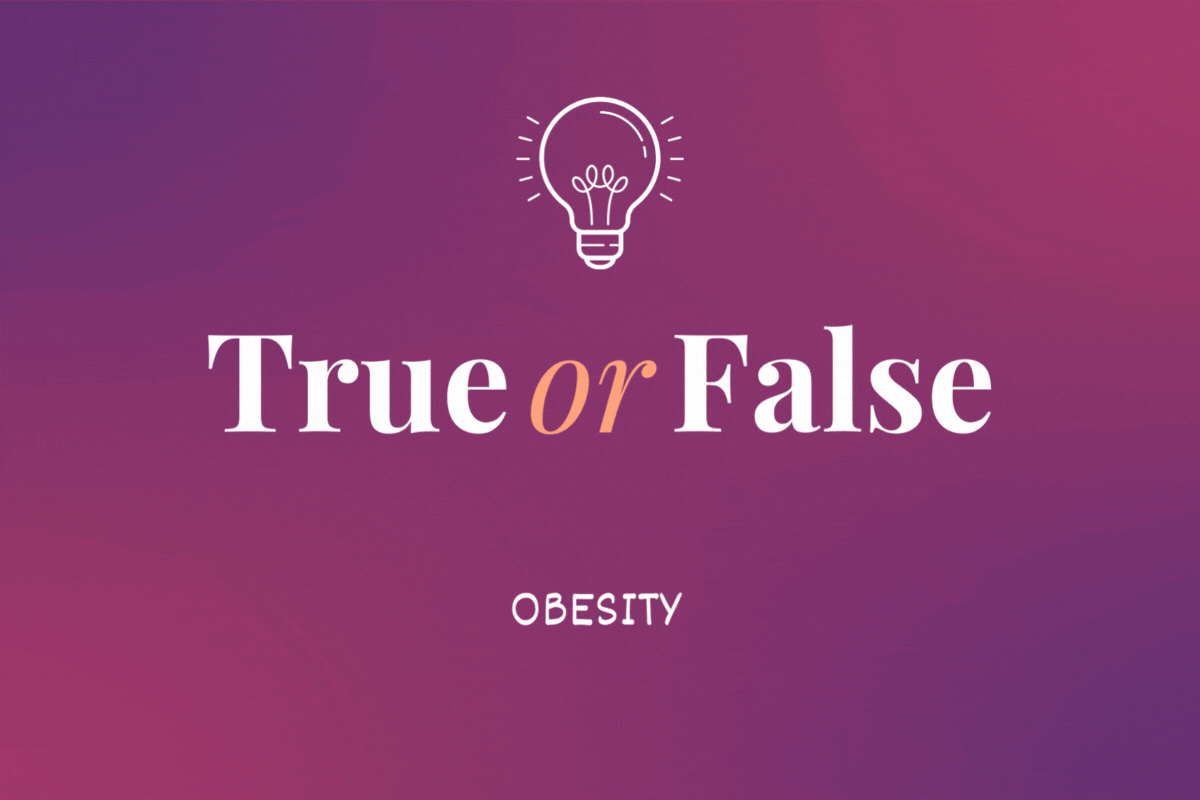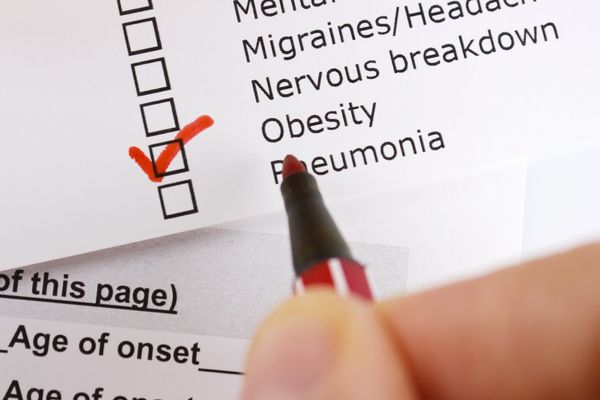I don't understand why I'm gaining weight! I'm exercising, eating healthy, cutting my portions. If I'm doing everything right, then why don't my pants fit anymore? What the ^%&*^&*^& 3 # is going on???
Sound familiar? Maybe you've said this or heard it from any number of unhappy people around you. Mighty frustrating to be trying your best and still find unwanted pounds creeping up on you. So much for positive reinforcement.
Turns out there are things you might not even consider that are contributing to that extra weight.
Sound familiar? Maybe you've said this or heard it from any number of unhappy people around you. Mighty frustrating to be trying your best and still find unwanted pounds creeping up on you. So much for positive reinforcement.
Turns out there are things you might not even consider that are contributing to that extra weight.
- Medication. There are lots of meds out there that can pack on the pounds. Certain classes of antidepressants can stimulate your appetite. Antihistamines can interfere with your sleep patterns (see the next item for more on that). Other medications that can mess with your weight include diabetes drugs, migraine and blood pressure medications, steroids and some cancer therapies. It might be a good time to take stock of what you're putting in your mouth (besides food) and review your medications. Many people take more than they truly need. A medication might no longer be necessary or might have become ineffective; or it can duplicate, or overlap, with the effect of another drug you're taking for a different condition.
- Sleep. There are a few things at work when you don't get enough of it. First, maybe it's because you're up later; more hours might translate into more snacking time. (Ok, I know—that's obvious.) But the less obvious reason lack of sleep is bad for your waistline is this: biochemically, your body is doing all sorts of things when you're not sleeping enough. The production of two hormones, ghrelin and leptin, are busy getting all out of whack. Skimping on sleep drives leptin levels down. The result? Failure to wave the white flag when you're full. And ghrelin rises as sleep quantity and quality fall, stimulating your appetite and setting you up for overeating.
- Eating after exercising. You'd think that an hour at the gym today gives you permission to indulge in dessert tonight. All that sweating had to burn a zillion calories, right? Um, no. It's OK to eat after exercising, but so often we overestimate the amount of calories we burn. In fact, a study showed that overweight women who exercised one to two hours a week without dieting lost several pounds in six months. BUT women who exercised the most—about three hours a week—didn't lose as much as they should have. Chances are they rewarded all their hard work with too many calories, consuming more than they actually burned. And if you're showering your treadmill with kisses for telling you you've burned tons of calories, don't be so lovey-dovey: machines lie (or, a better way to put it is to say they are inaccurate). Studies have found that both people and machines inaccurately perceive their calorie burn.
- Stress. Sure, life can get out of control … and stress levels peak. We're only human, after all. But what also peaks is secretion of the "stress hormone" cortisol, which causes an increase in your appetite. And when we're stressed, we probably aren't stuffing carrot sticks into our mouths, but rather things like chocolate, ice cream and chips. That's because their fatty acids activate areas of the brain that boost our moods, according to research.
- Hypothyroidism. You might not realize the reason you're feeling tired or sluggish, constipated or have difficulties with concentration or dealing with cold temperatures might be a sluggish thyroid, which can also account for a slower metabolism and subsequent weight gain. Thyroid disease, which goes largely undiagnosed, affects far more women than it does men. Have you had yours checked lately? Usually it's done with a simple TSH (thyroid stimulating hormone) blood test.







